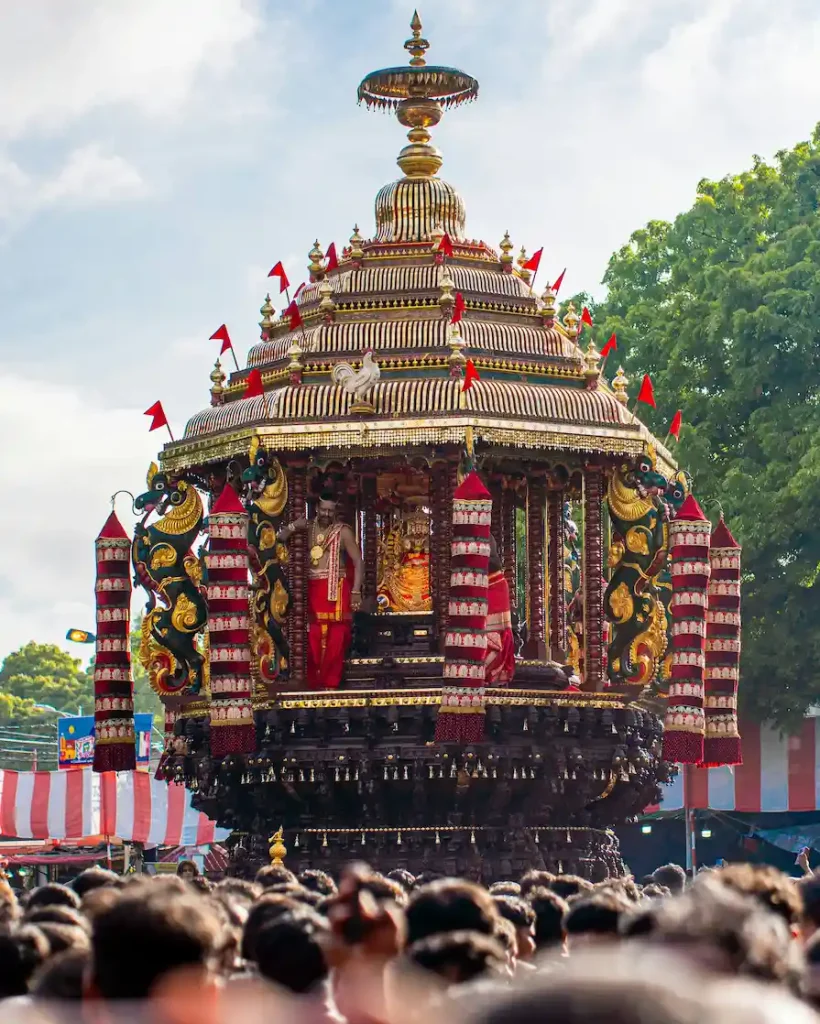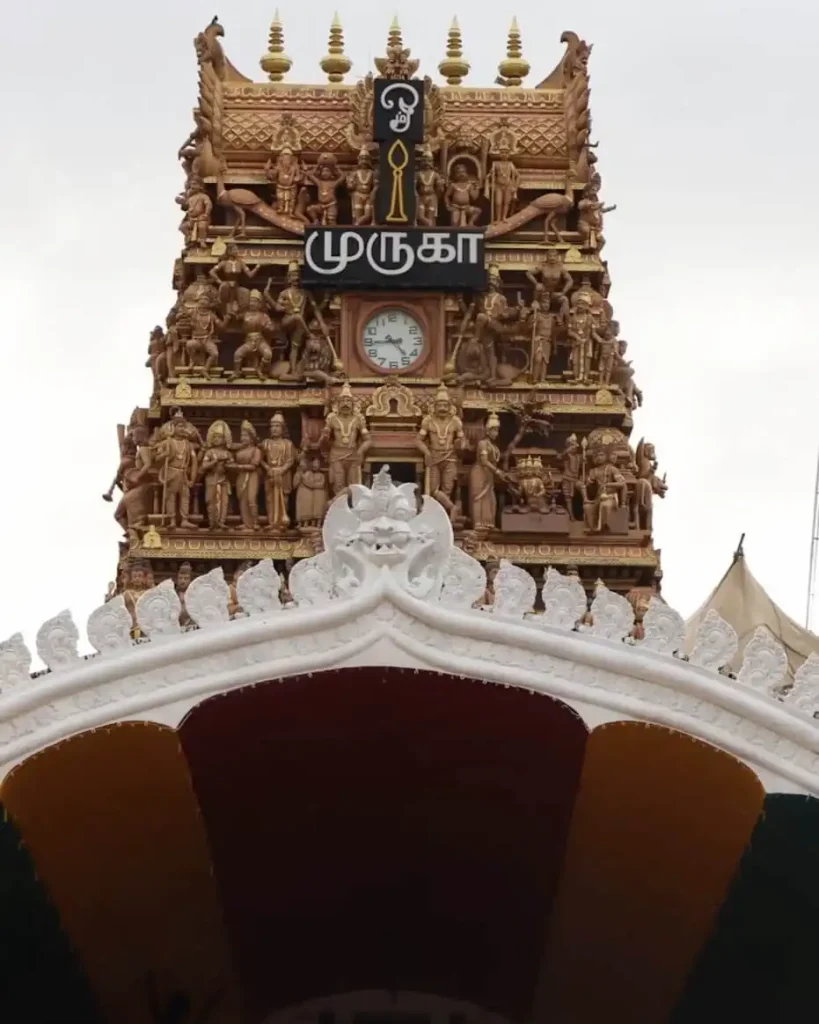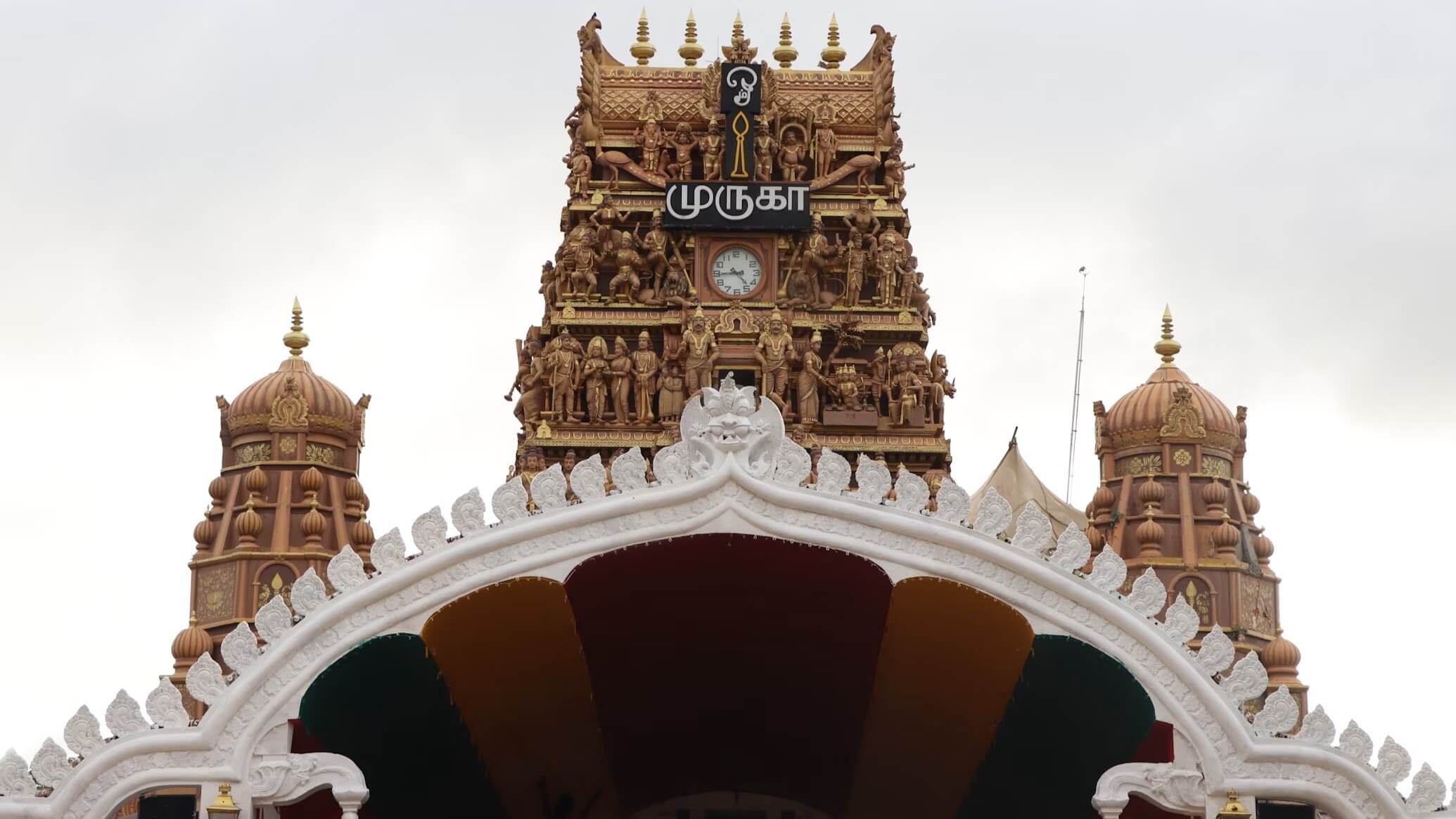
Northern Cities
Jaffna
🏰 Cultural Capital of the North
🕍 Ancient Hindu Temples – Discover the sacred Nallur Kandaswamy Kovil, a symbol of Jaffna’s spiritual heritage.
🏝️ Stunning Coastal Beauty – Relax on the untouched beaches of Casuarina Beach and explore the historic Delft Island.
🍛 A Food Lover’s Paradise – Savor authentic Jaffna cuisine, from spicy Jaffna Crab Curry to flavorful Palmyrah delights.
🏛️ Colonial & Historical Landmarks – Walk through history at Jaffna Fort, the Jaffna Public Library, and other remnants of a rich past.
INTroduction
Jaffna, the capital of Sri Lanka’s Northern Province, is a city steeped in history, culture, and resilience. Once the seat of the powerful Jaffna Kingdom, this vibrant region played a crucial role in shaping the island’s Tamil heritage. Despite centuries of colonial rule and conflict, Jaffna has retained its unique identity, offering travelers a glimpse into a world of ancient traditions, stunning architecture, and a rich cultural legacy.
Historical Legacy
At the core of Jaffna’s heritage is Nallur Kandaswamy Kovil, one of the most revered Hindu temples in Sri Lanka. Dedicated to Lord Murugan, this temple stands as a symbol of devotion and architectural brilliance, drawing thousands of devotees during the grand Nallur Festival. The city is also home to Nagadeepa Purana Viharaya, a significant Buddhist pilgrimage site believed to have been visited by Lord Buddha himself.
Jaffna’s historical narrative is marked by the influences of the Jaffna Kingdom (1215–1619) and colonial powers, including the Portuguese, Dutch, and British. The Jaffna Fort, built by the Portuguese and later expanded by the Dutch, stands as a testament to the city’s colonial past. The Jaffna Public Library, once one of Asia’s largest libraries, represents the city’s deep-rooted intellectual and literary heritage.
Beyond its historical and religious significance, Jaffna is a haven for cultural enthusiasts and nature lovers. The region’s coastal charm is best experienced at Casuarina Beach, known for its calm waters and golden sands, or on Delft Island, where wild ponies roam free. The city’s vibrant culinary scene, featuring delicacies like Jaffna Crab Curry, Odiyal Kool, and Palmyrah-based sweets, offers an authentic taste of Northern Sri Lanka.
With its blend of history, spirituality, and natural beauty, Jaffna stands as a beacon of resilience and cultural pride. Whether exploring its ancient temples, colonial landmarks, or tranquil beaches, visitors to Jaffna embark on a journey through one of Sri Lanka’s most historically rich and culturally distinct regions.

Things to Keep in Mind
Dress Code: When visiting Hindu temples like Nallur Kandaswamy Kovil, wear modest attire—men should remove their shirts, and both men and women should cover their knees and shoulders.
Footwear: Shoes must be removed before entering temples. Bringing socks can help protect your feet from hot surfaces.
Timing: Visit temples early in the morning or late in the afternoon to avoid the midday heat and large crowds, especially during festivals.
Guides: Hiring a local guide can provide deeper insights into Jaffna’s history, culture, and hidden gems. Many landmarks have rich stories that aren’t always found in guidebooks.
Transportation: Public transport options are available, but hiring a tuk-tuk or private vehicle makes exploring Jaffna’s scattered attractions more convenient.
When Should You Visit Jaffna City?
Cultural and Religious Observances
- Nallur Festival (August–September): One of the most grand Hindu festivals in Sri Lanka, held at Nallur Kandaswamy Kovil. It features chariot processions, traditional music, and vibrant rituals, attracting thousands of devotees.
- Thai Pongal (January): A harvest festival celebrating gratitude and prosperity. Expect colorful kolam art, temple ceremonies, and feasts featuring sweet pongal rice.
- Deepavali (October–November): The Hindu Festival of Lights, where Jaffna glows with oil lamps, fireworks, and festive sweets, symbolizing the victory of light over darkness.
- Poson Poya (June): A significant Buddhist observance marking the introduction of Buddhism to Sri Lanka. Nagadeepa Purana Viharaya welcomes many pilgrims during this time.
💡 Note: Festivals offer a deeply immersive experience but expect larger crowds, increased accommodation prices, and busy streets during these periods.
Dry Season (February–September)
- February–April: Pleasant and warm with minimal rainfall, perfect for sightseeing and exploring islands like Delft.
- May–September: Generally dry, but temperatures can be high. Early morning and late evening visits are ideal for comfort.
Rainy Season (October–January)
Jaffna experiences the northeast monsoon, bringing heavy rainfall. While the city is still accessible, expect occasional showers and unpredictable weather that might affect travel plans.
Getting to Dambulla: Travel Options and Tips
By Train
Jaffna is well-connected by train, offering a scenic and comfortable journey from Colombo.
- Intercity Express & Night Mail Trains: The most popular options with air-conditioned first-class, second-class, and third-class seating.
- Travel Duration: Colombo to Jaffna – 6 to 7 hours.
- Booking Tip: Reserve tickets in advance through Sri Lanka Railways.
By Bus
Regular buses operate between Jaffna and major cities.
- Luxury and Semi-Luxury Buses: Air-conditioned private buses are more comfortable for long journeys.
- CTB Public Buses: Budget-friendly but less comfortable for extended travel.
- Travel Duration:
- Colombo to Jaffna: 7–8 hours.
- Kandy to Jaffna: 6–7 hours.
- Anuradhapura to Jaffna: 3–4 hours.
By Car or Taxi
Hiring a private car or taxi is the fastest and most convenient way to travel to Jaffna, especially for families or groups.
- From Colombo: 6–7 hours (396 km) via the A9 Highway.
- From Anuradhapura: 3–4 hours (200 km), making it an ideal stop on the way.
- From Trincomalee: 3.5–4 hours (180 km).
- Cost: Expect LKR 20,000–30,000 for a one-way trip from Colombo.
- Pro Tip: Use PickMe, Uber, or local cab services for reliable transport.
Tips for Travelers
- Peak Travel Times: Avoid traveling during public holidays or long weekends as trains and buses can be crowded.
- Early Bookings: Reserve train or bus tickets early, especially for first-class train seats or luxury bus options.
- Local Knowledge: For the best experience, consider hiring a local guide to help navigate the city and its attractions.
interactive MAP
Explore More Northern Cities!
Don’t stop at Jaffna—uncover the hidden gems of Sri Lanka’s Northern Region! From ancient temples to stunning coastal escapes, each destination offers a unique experience.
Select Your Next City Now! 👉

